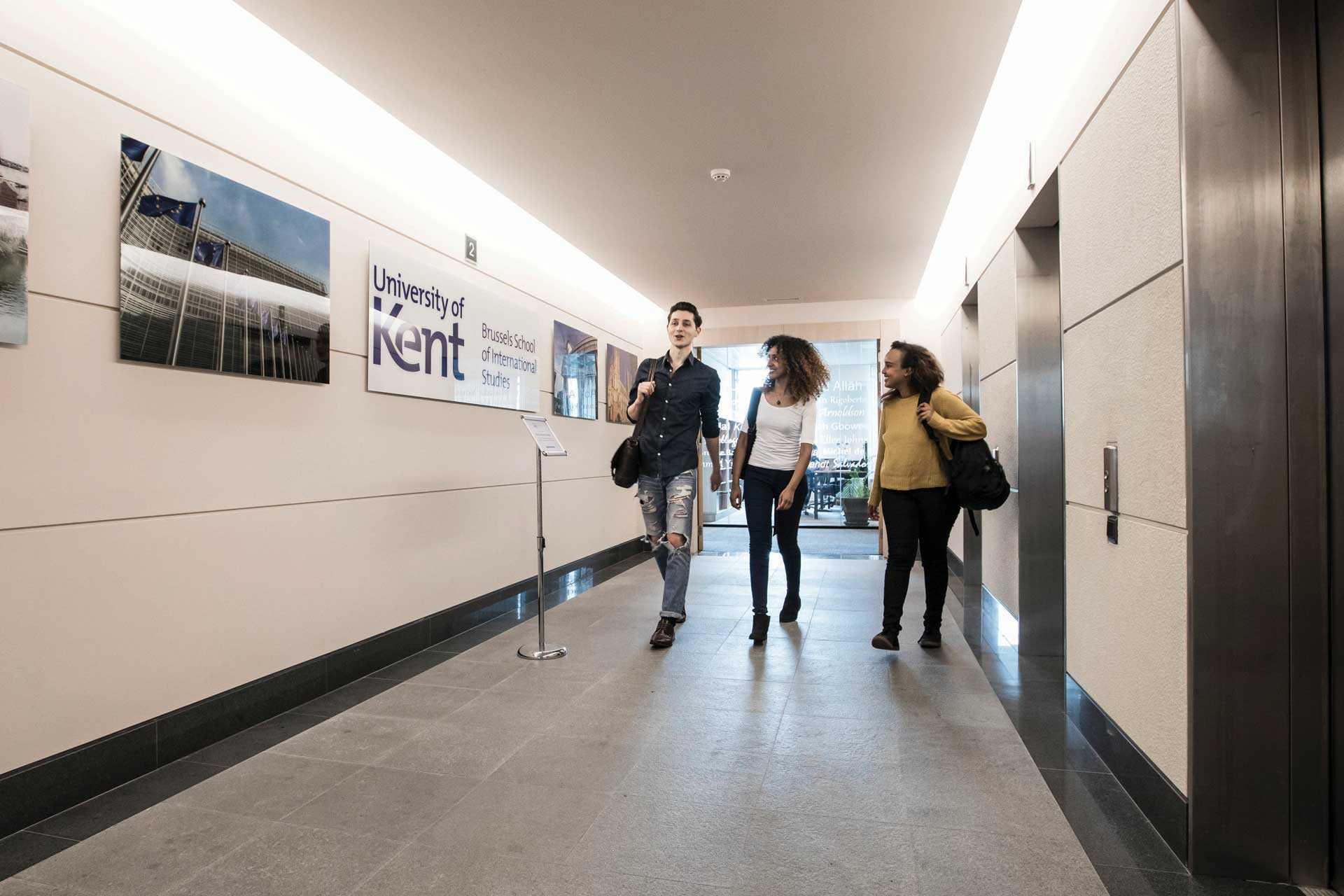This is an archived page and for reference purposes only. We are not accepting applications for this course for the 2023/24 academic year.
Please see our postgraduate course list for the upcoming academic year.
The CIA launches drones to “legally” kill Al-Qaida leaders. An arbitrator rules that anti-smoking policies infringe a bilateral investment treaty. A father is suddenly detained at the airport as his name appears on a no-fly list.
After recent decades of rule of law promotion, the need to “legally” harm, detain, profit or pollute has transformed how policy moves are now performed and contested on the world stage.
This has elevated the significance of international legal rules for a range of governmental, corporate and societal actors, who each compete to devise legal norms, characterisations and strategies to address global political and economic problems.
Thus, international law has become a central domain of struggle across a variety of pressing policy challenges, ranging from robotised military strategies, territorial claims spurred by climate change, the global projection of EU rules, to transnational blacklists.
Our LLM in International Law provides a programme of study that responds to increasing complexity in the international legal order; where international law evolves through transformations such as global counter-terrorism, global value chains, and foreign investment arbitration.
Our academic staff are at the forefront of teaching, research and practice in international law, and our LLM modules encompass subfields that range from European Union law, public international law, and the law of the sea, to the law of armed conflict and tade and investment law.
The programme is delivered at our Brussels School of International Studies (BSIS) in conjunction with our law school.
Standard and extended versions
The LLM is offered in both a standard version (90 ECTS credits) and an extended version (120 ECTS credits) and in each case students may take the programme with or without a secondary specialisation. Those on the extended version take more modules to gain extra credit.
To be awarded the standard LLM (90 ECTS), you must take three modules from the list for International Law and a further three modules from the full list of modules offered at BSIS. For the extended MA (120 ECTS), you must take four modules from the list for International Law and a further five modules from the full list of modules offered at BSIS.
Modules
The following modules are offered to our current students on the LLM International Law programme. At BSIS, you have a wide range of optional modules to choose from and this can be within your chosen degree, or as part of a secondary specialisation (for more information on specialisations, please see below.) This list of modules is based on the current curriculum and may change year to year in response to new curriculum developments and innovation:
LAWS8441 - Legal Aspects of Contemporary International Problems*
LAWS8101 - International Law on Foreign Investment
LAWS8141 - Public International Law
LAWS8851 - Law and Development
LAWS8980 - International Trade Law
LAWS9350 - Global Security Law
Modules marked with * are compulsory.
On this programme you must take a minimum of four law modules (standard) or five law modules (extended).
Specialisations
The LLM in International Law allows students to choose secondary areas of specialisation from the range of programmes offered at BSIS. This leads to the award of an LLM degree in, for example, 'International Law with International Migration'.
To include a secondary area of focus on the standard programme, you must choose three modules from the list for International Law, two modules from one of the programmes listed below (your secondary area of study) and one module from the full list of modules offered at BSIS.
For the extended programme, you must choose four modules from the list for MA International Development, three modules from one of the programmes listed below (your secondary area of study) and two modules from the full list of modules offered at BSIS.
- with Human Rights Law
- with International Conflict and Security
- with International Development
- with International Migration
- with International Relations
- with Political Strategy and Communication
- with Foreign Policy (available as a secondary specialisation only)
On both the standard and extended programme, you must also submit a dissertation on a topic in Human Rights Law and complete the methodology module Fundamentals, Dissertation and Research.
Study support
Postgraduate resources
Students have access to excellent e-library facilities online via the Templeman library in Canterbury; inter-library loans within Belgium; 50,000 online journals are also available off-campus. Students also have outstanding access to libraries in Brussels, such as at our partner universities Vrije Universiteit Brussel and Université Libre de Bruxelles, the Royal Library of Belgium, among others. The School’s resources include a dedicated selection of more than 1,000 key texbooks on the subject of international affairs and law. In addition, postgraduate research students have their own designated room with computer terminals and access to wi-fi in all areas at the Brussels centre.
Dynamic publishing culture
Staff publish regularly and widely in journals, conference proceedings and books. The Brussels School produces its own journal, The Brussels Journal of International Studies, which was founded in 2003. Details of recently published books can be found within the staff research interests section.
Global Skills Award
All students registered for a taught Master's programme are eligible to apply for a place on our Global Skills Award Programme. The programme is designed to broaden your understanding of global issues and current affairs as well as to develop personal skills which will enhance your employability.





